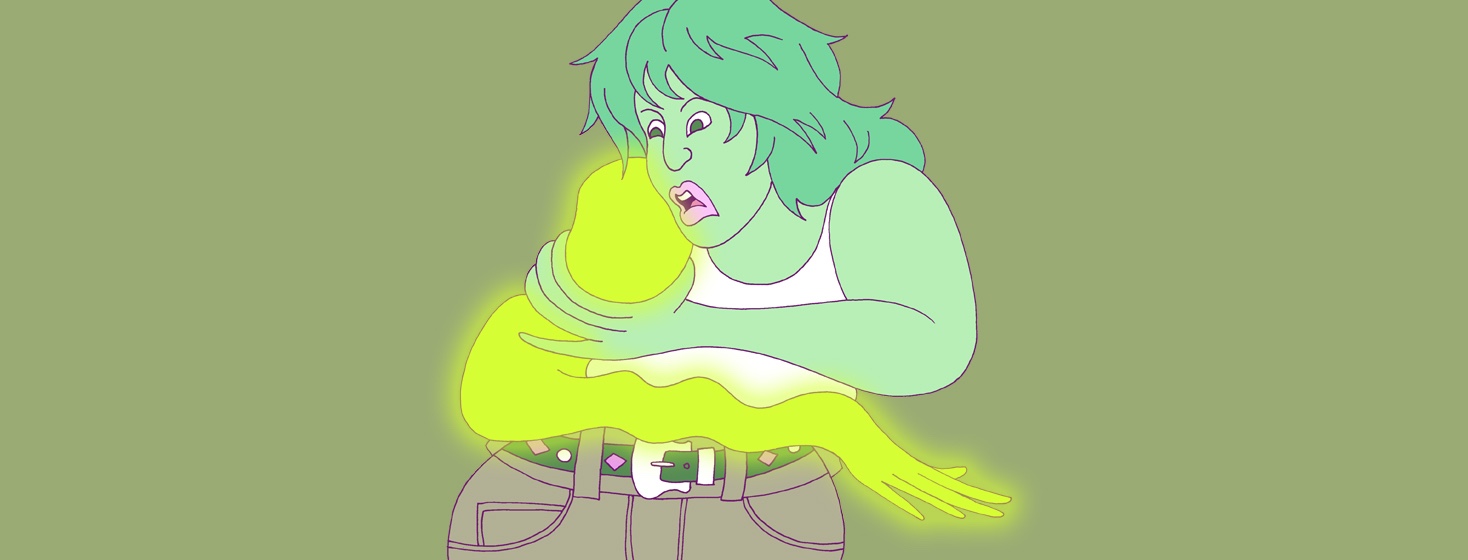Cured but Sick?
In the world of medicine, ‘cured’ is not a word that is often used. In hepatology (or the medical study of the liver), it is even more uncommon. The type of medication used to treat and eliminate the hepatitis C virus has a success rate of nearly 100%.1
Currently, there is little research on what happens after people are cured from a hepatitis C infection. Do all extrahepatic manifestations stick around post-cure? How far do the curative benefits of direct acting antivirals (DAA's) reach? These are all questions I asked myself many times since I was treated almost four years ago now. Initially post-treatment, I was feeling okay. I didn’t notice any significant problems with my health. The treatment itself was a breeze: No side effects whatsoever and I attained SVR (sustained virologic response) within my first four weeks of treatment.
After eight weeks I was declared a success, cured, and that was the end of my interactions with my treating physician. I went on my merry way and thought everything was going to be on an upward trajectory with my health. You know what they say, though, if you have expectations, you’re likely to be disappointed.
Treatment considerations
Before I go any further and tell my post-treatment story, I want to interject for a moment to share my personal opinion on taking DAA treatments. If it is recommended by the healthcare professionals in your life, my personal advice would be: DO IT!
I also want to acknowledge that there are other considerations when it comes to accessing DAA treatment. Things like affordability and accessibility are determinants that can make it so that treatment is not an option. However, if you are able, there are few possible side effects and few contraindications, which your doctor can explain.2 Even in cases like mine where complex health problems began to develop AFTER treatment, I would be much worse off if I still had an active hepatitis C infection.
Long-term treatment side effects
It was approximately one year after being treated and cured of hepatitis C that I started to notice the first inklings that something was not right. It began with a strange pain in my arm. This pain was not like the pain I had experienced before during my years as an athlete. Nothing made it better, and it was accompanied by increasing loss of muscular control and feeling. Obviously, this was concerning. However, I, like many of you reading this, have received very poor treatment at the hands of healthcare professionals historically. Consequently, I have become quite wary when seeking help.
However, as the pain was sticking around with each passing month, I decided to put my fears aside and requested some diagnostic testing from my doctor. To be able to do the tests in the first place took ages, and as time progressed forward so did my symptoms.
Now accompanying the pain in my upper limbs was swelling and what I can describe only as ‘vascular pain.’ With the threshold that separates acute and chronic pain quickly approaching, I started to feel a bit desperate. I felt my doctor was more willing to throw painkillers at the problem than actually find a solution. However, I was also hard pressed to guess what was going on with my body.
Getting answers
Only a couple of months later I had my lightbulb moment. Ironically, I was researching extrahepatic manifestations of hepatitis C for an article I had hoped to write for this community. I was researching to write about covid 19 and extrahepatic manifestations of HCV when I first noticed the name of the disorder I would later be diagnosed with...

Join the conversation